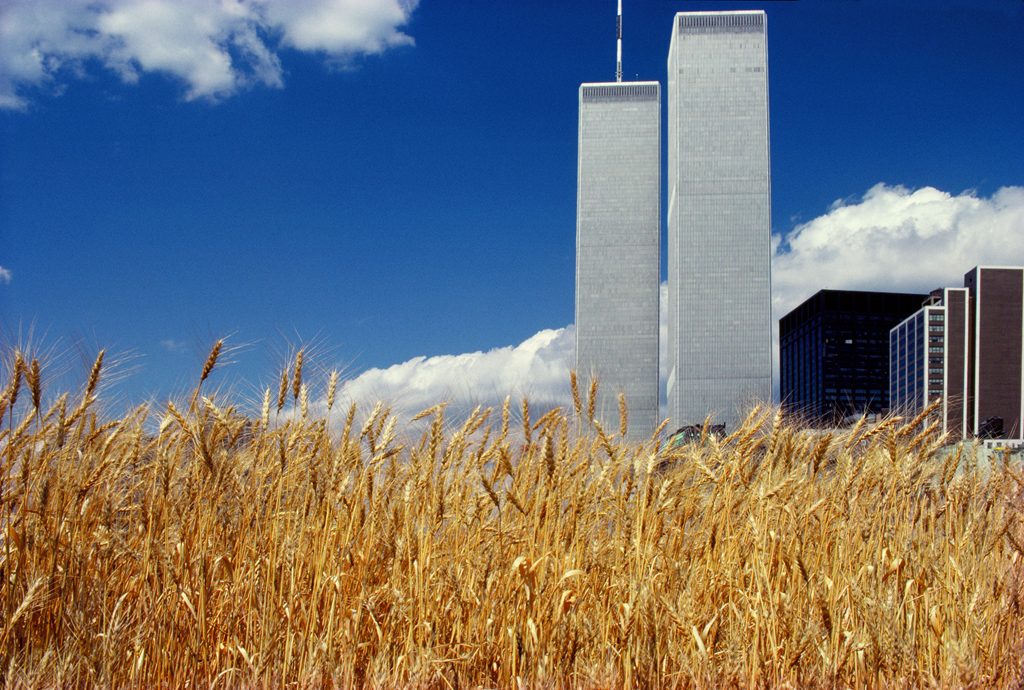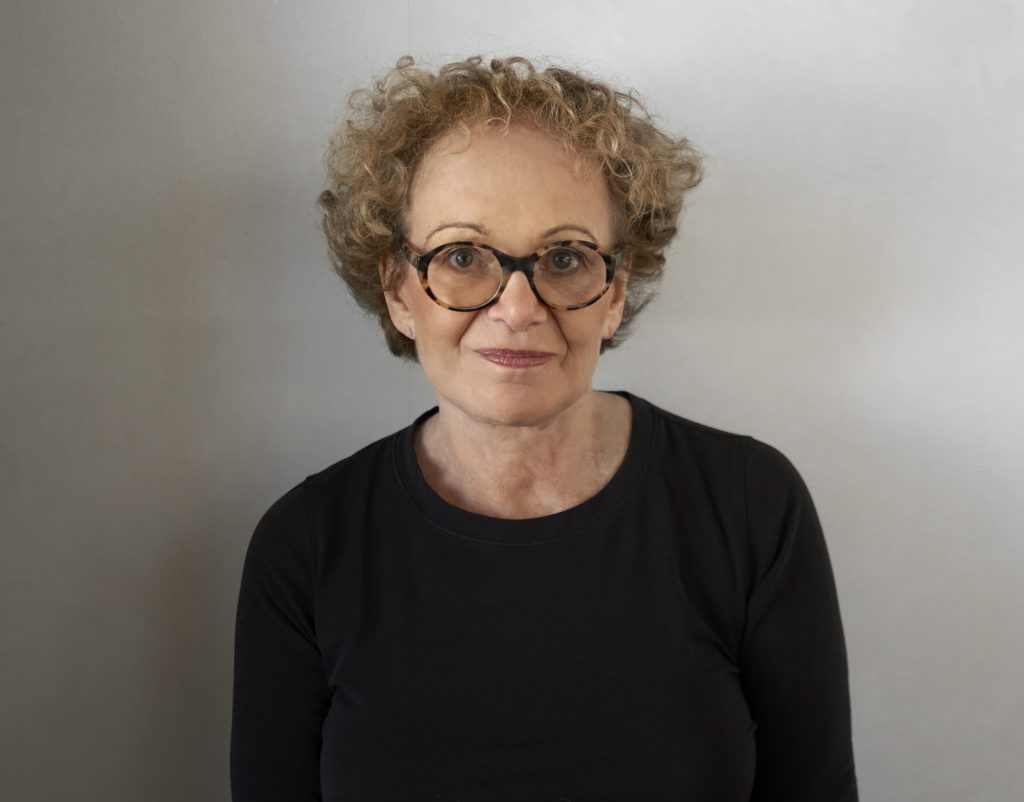Sustainability
Anonymous Was a Woman Expands Grant-Making With $250,000 for Environmental Projects by Women-Identifying Artists
The new grants are a joint endeavor with the New York Foundation for the Arts.

The new grants are a joint endeavor with the New York Foundation for the Arts.

Sarah Cascone

Anonymous Was a Woman is partnering with the New York Foundation for the Arts (NYFA) to expand its giving via a new grant program called the Anonymous Was a Woman Environmental Art Grants.
The program will distribute $250,000 total, matching Anonymous Was a Woman’s annual giving, which since 1996 has awarded unrestricted grants of $25,000 to 10 women-identifying artists over the age of 40 each year. (In 2021, the organization announced that an anonymous donation would increase the annual recipients to 14 through 2023. It also doubled its giving in 2020, offering emergency grants in response to the Covid-19 pandemic.)
“We believe that it is possible, and necessary, to address multiple crises simultaneously. Previously, we have focused on the crisis of funding for women artists, which we began in 1996, when the National Endowment for the Arts sliced funding for individual artist grants,” Anonymous’s founder, Susan Unterberg, told Artnet News in an email. “Now, we believe that more must be done to address the urgent crisis of climate change—which impacts every person on the planet. We are also mindful of studies that show that women will bear a disproportionate burden of climate change, particularly in developing countries.”
The idea for the new grant grew out Unterberg’s work with Jeanne Silverthorne, a past grant recipient of the organization, on the artist book Disaster Diary, about climate change.

Susan Unterberg. Photo by Alain Simic, courtesy of Anonymous Was a Woman.
“In the process of working on the project, it became clear that there was not funding specifically for environmental art projects,” Unterberg said. “At the same time, we also realized that they can be quite expensive, as many projects related to environmental art are longitudinal (taking place over long periods of time), large-scale (particularly in the case of environmental art works that are also land art works), or have less obvious commercial viability.”
The new, one-time grants of up to $20,000 will support environmental art projects by women-identifying artists in the United States. Suggested themes for applicants include, but are not limited to, decarbonization as decolonization, ecofeminism, and climate change.
The announcement for the new grant calls for proposals for artworks that will “inspire thought, action, and ethical engagement.…Projects should not only point at problems, but aim to engage an environmental issue at some scale. Projects that explore interdependence, relationships, and systems through Indigenous and ancestral practices are encouraged to apply.”
Applications are open April 12 through June 14, and will be reviewed by a panel of environmental art experts. Grants will be awarded in August.
“Climate change is an existential threat that requires immediate and collective action,” Michael Royce, executive director of NYFA, said in a statement. “We’re proud to partner with Anonymous Was a Woman to support the vital work of women-identifying artists who are tackling this challenge, seeking ways to mitigate disaster, and raise awareness around critical climate-change issues.”
“Throughout history, and particularly in the past century, artists have been able to bring attention to urgent issues through their work,” Unterberg added. “Art has the possibility to cut through a political conversation to lay bare fundamental truths and, hopefully, inspire action.”